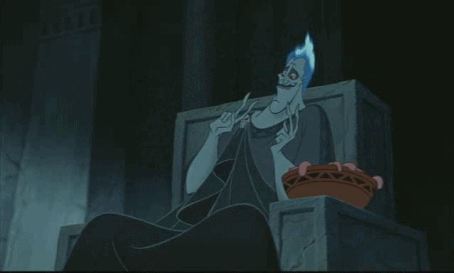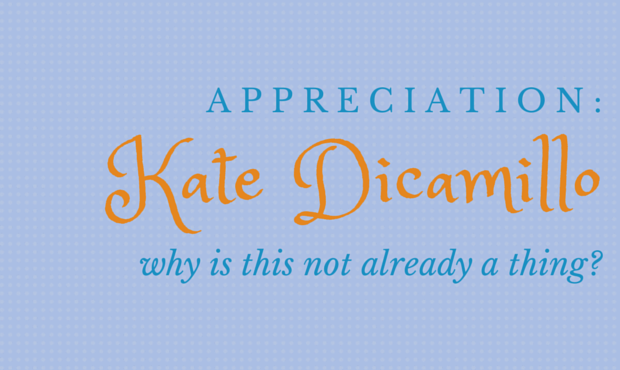This month, we're switching gears and celebrating our love for Greek myths. After all, folklore is no less a worthy story than novels or poetry, isn't it?
So who is Persephone, anyways?
Oh, no one special. Just Alyssa's FAVOURITE GREEK GODDESS OF EVER.
Persephone is the daughter of Demeter, the harvest goddess, and Zeus, who is supposed to be married to Hera but whatever. One day, Hades "abducted" Persephone down to the underworld. (Some sources say Zeus was in on the plot, strangely.) Naturally, Demeter was extremely displeased and decided that winter was coming.Source: old unreliable me. Because I know this myth far too well.
In a rare bout of common sense, Zeus decided to command Hades to return Persephone so Demeter would bring back spring. But because Persephone ate the pomegranate seeds of the underworld, by some strange logic of Greek gods, she must return to the underworld and Hades during winter.
Okay, so why do you like her story, Alyssa?
1. It's not a tragedy. I mean, take a look at her story, and it starts off pretty miserable: dad decided to let his brother abduct you (seriously, Zeus, what the heck) to the underworld, mum mopes around and sends the (above?)world into winter. Clearly Persephone is a badass for ending up on top of her situation.
2. There is so much nuance in Persephone's story. Like the idea of womanhood, in how the pomegranate seeds stain her lips red and she can't ever truly leave the underworld (or her husband) again.
Here's the question, though: did Persephone taste the seeds of her own will? Because if she didn't, and Hades forced or tricked her into it, this is actually a pretty scary metaphor. Especially when you consider he wants to marry her. In that case it becomes an awfully Grimm story with that cautionary-tale vibe.
I shall not apologise for that pun.
But let's say she did. Let's say she ate the seeds (how do you eat seeds anyways?) because she wanted to stay in the underworld (and with Hades). Let's say she ate the seeds so that the other gods couldn't manipulate her again. Let's say she ate the seeds to be a queen. It may be wishful thinking on my part—but I much prefer this interpretation.
3. Excuse me, queen of the freaking underworld.
 |
| Me whenever Persephone is brought up in normal conversation. |
Persephone has even inspired me to a retelling idea.
NaNo's always a great time for plot bunnies to try and distract me. So I have a Hades/Persephone retelling, a boy with a silver tongue and a girl with a golden touch, a throw me to the wolves and i shall return leading the pack vibe, the aftermath of a revolution, and this little gem:
(But no, it's still not romance. I cannot romance, and yes, that is a verb and I'm a writer.)We become monsters for the ones we love. They might love us back, if we were not monsters.
Sound interesting? Stay updated on my progress of my villain!Persephone retelling here:
Stay updated on Alyssa's Persephone retelling!
Who is the most awesome Greek goddess, blookunity? (Go away, Aphrodite.) How has Persephone inspired you?
Don't forget to check out everyone else's posts:
AnQi: Arachne and Athena
Christina Im
Topaz Winters








